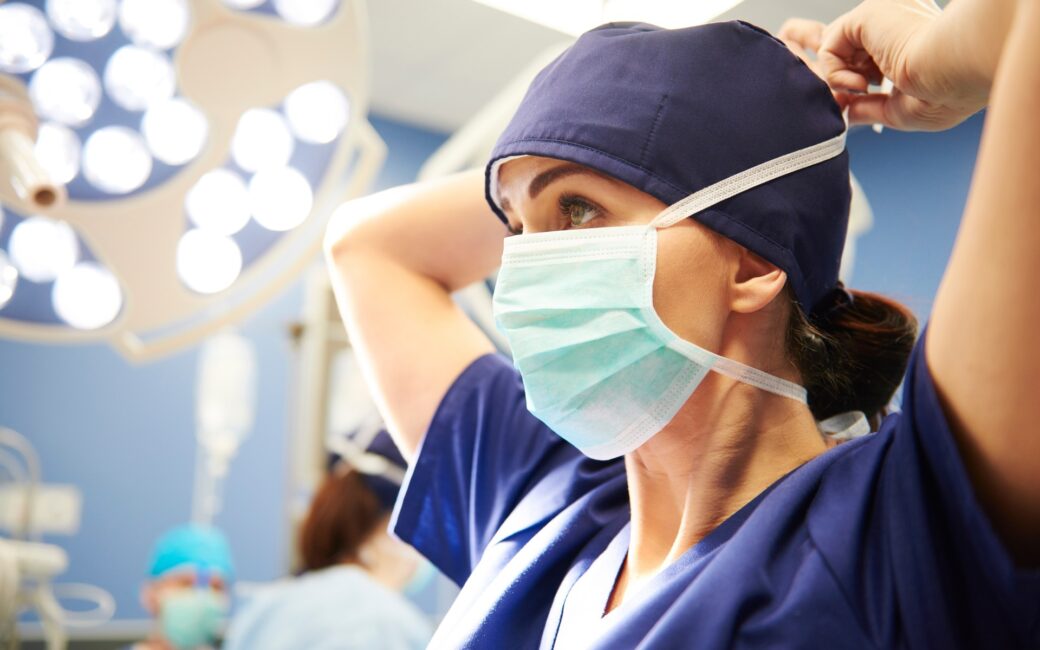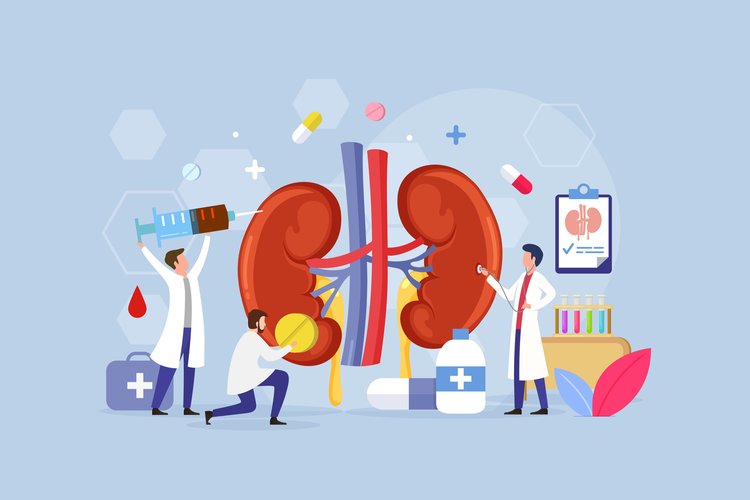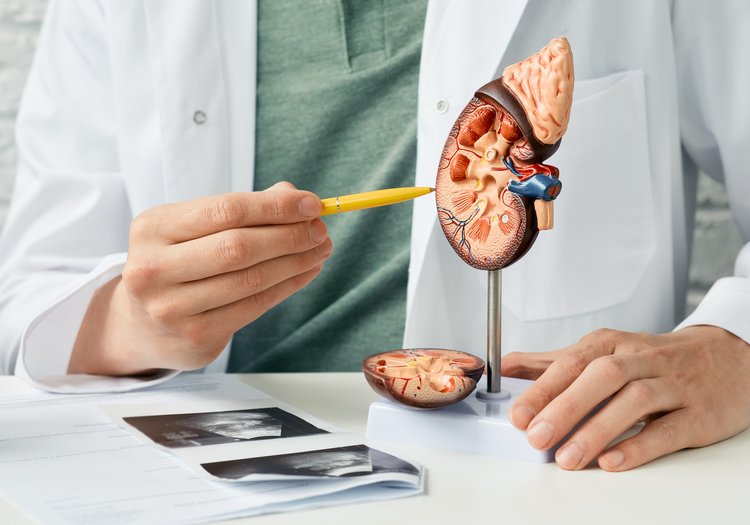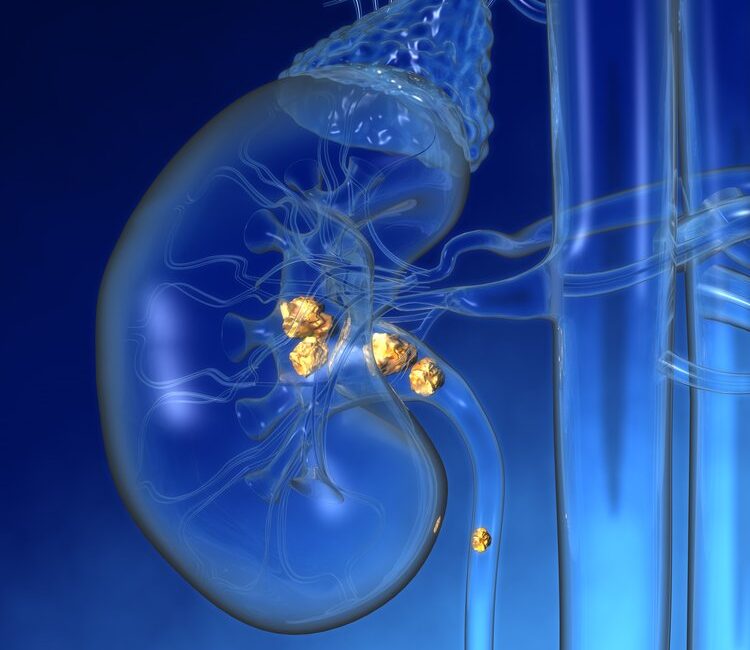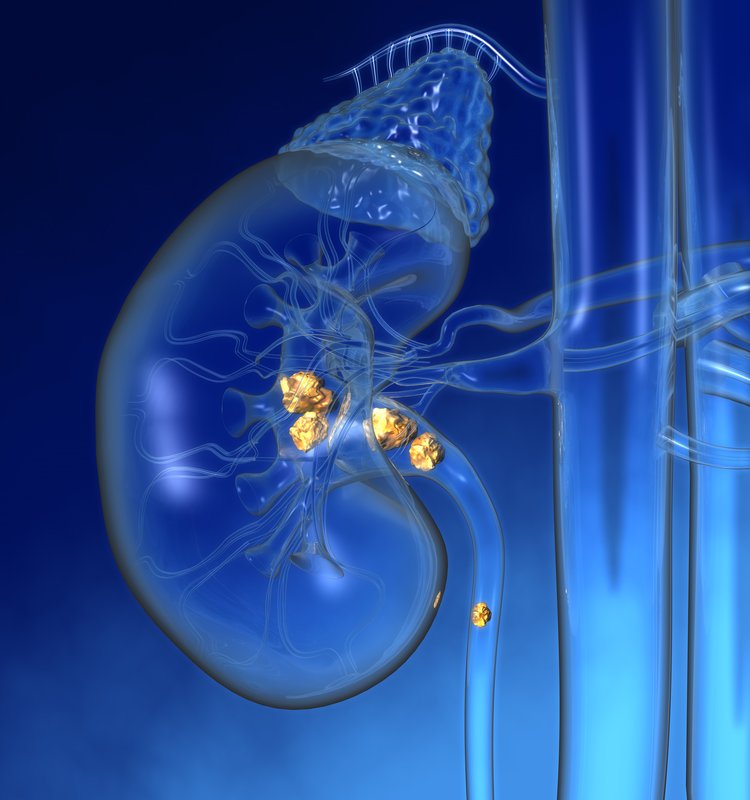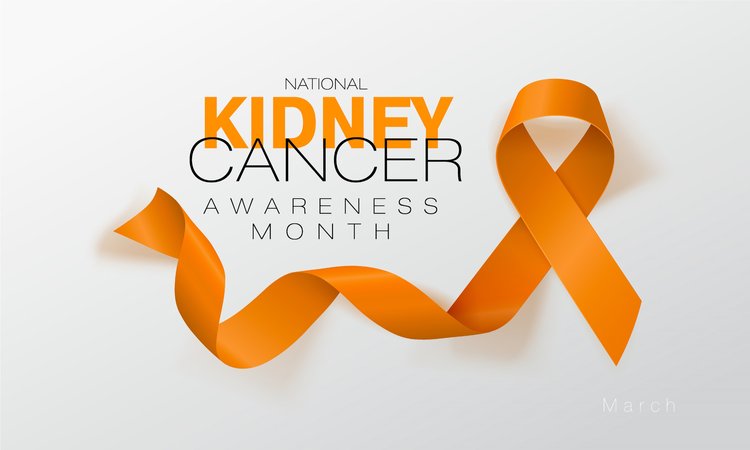Kidney Biopsy Procedure, Risks, and Recovery Time
A kidney biopsy is a medical procedure used to diagnose and assess kidney conditions and kidney disease. Kidney biopsies involve obtaining a small sample of kidney tissue for examination under a microscope. Kidney biopsy reasons may vary, though your healthcare provider may order a kidney biopsy for an unexplained drop in kidney function, chronic blood in urine, protein found in urine, or following a kidney transplant.
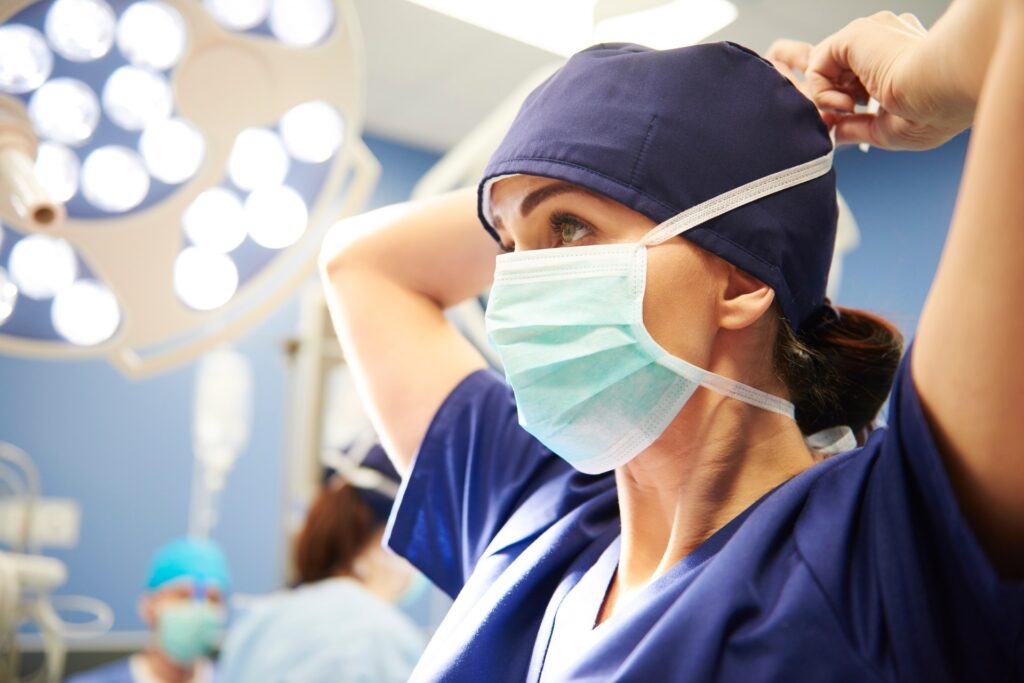
How Long Does a Kidney Biopsy Procedure Take?
A kidney biopsy is a medical procedure used to diagnose and assess kidney conditions and kidney disease. Kidney biopsies involve obtaining a small sample of kidney tissue for examination under a microscope. Kidney biopsy reasons may vary, though your healthcare provider may order a kidney biopsy for an unexplained drop in kidney function, chronic blood in urine, protein found in urine, or following a kidney transplant.
During a kidney biopsy, two main techniques are commonly used: open biopsy and needle biopsy. An open biopsy is a more invasive procedure that involves making a small incision in the back or side to access the kidney directly. Open biopsies are performed under general anesthesia and the kidney biopsy procedure time can be from one to two hours. More commonly used is a needle biopsy or renal biopsy. Needle biopsies are minimally invasive and involve inserting a thin needle through the skin and into the kidney to collect the tissue sample. Needle biopsies are typically performed under local anesthesia and take approximately 30 minutes to an hour to complete. Kidney biopsies are generally safe, though risks include discomfort around the biopsy site, bleeding from the kidney, and infection.
What Are the Risk and Recovery Time After a Kidney Biopsy?
Depending on the kidney biopsy performed and your healthcare provider’s preferences, kidney biopsy procedure recovery time can vary. As the anesthesia wears off, you will be taken to a recovery room for observation and monitoring. You will be asked to lay on your back for several hours while a nurse checks for signs of bleeding. When your blood pressure, pulse, and breathing are stable you may be taken to a hospital room or discharged.
Following a kidney biopsy, it is recommended to rest for 24 to 48 hours and limit physical activity. You should avoid strenuous physical activities for the first week following the procedure, avoiding activities like jogging, tennis, aerobics, and horseback riding. Depending on the physical requirements of your job, your healthcare provider may recommend taking two or more days off of work following the procedure. If you experience symptoms such as severe pain, persistent bleeding, or difficulty urinating following a kidney biopsy, you should immediately contact your healthcare provider.
Schedule an Appointment with a Nephrologist in the Milwaukee, WI area
At Midwest Nephrology, we are committed to providing individualized care and guidance to our patients, providing the best possible care for each kidney condition. Being one of the longest-operating and largest nephrology groups in Wisconsin, you can easily find a Midwest Nephrology location with a team of providers ready to assist you in diagnosing and treating your kidney concerns. Contact Midwest Nephrology Associates for more information about kidney biopsies and to schedule a consultation.
